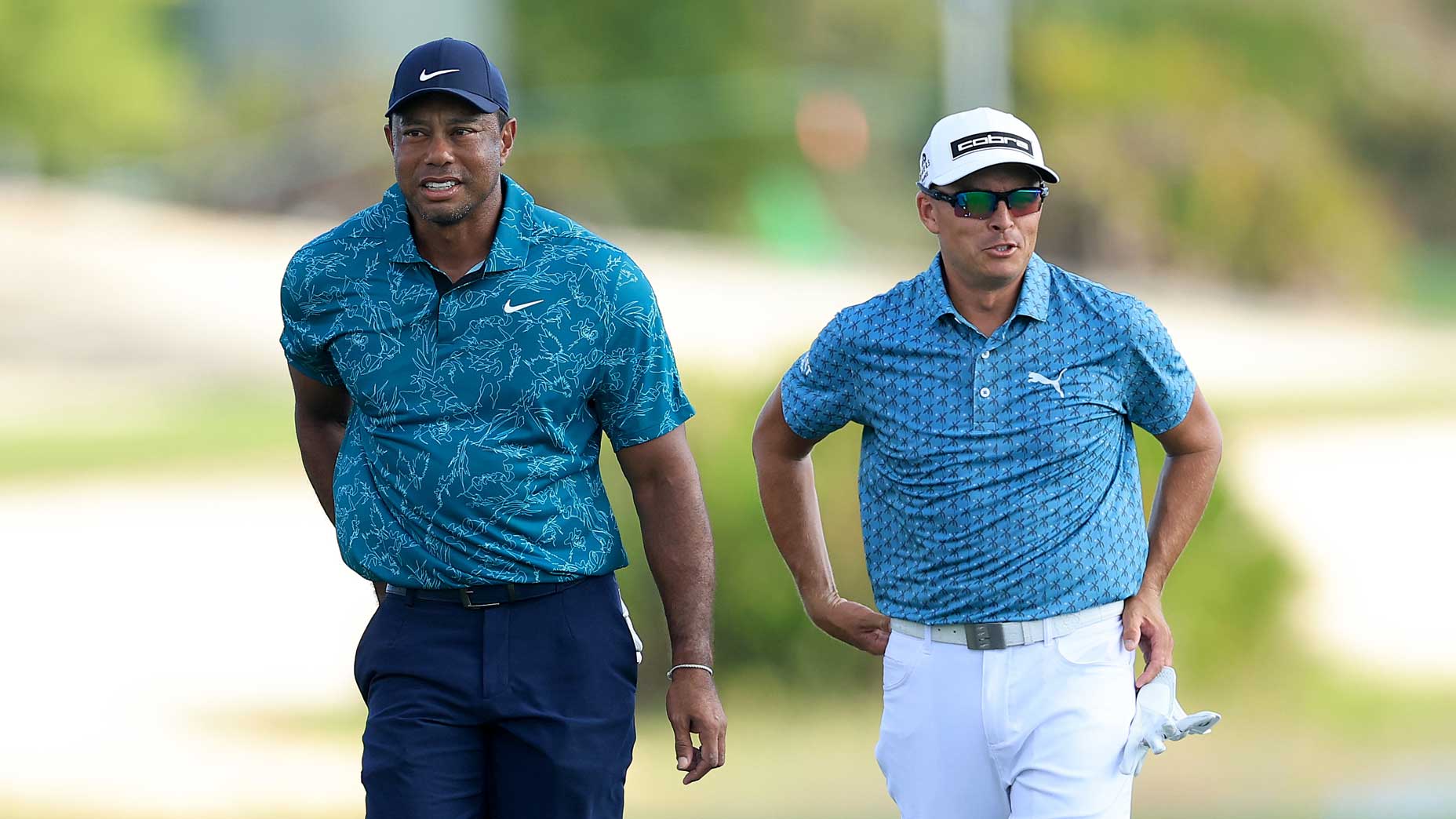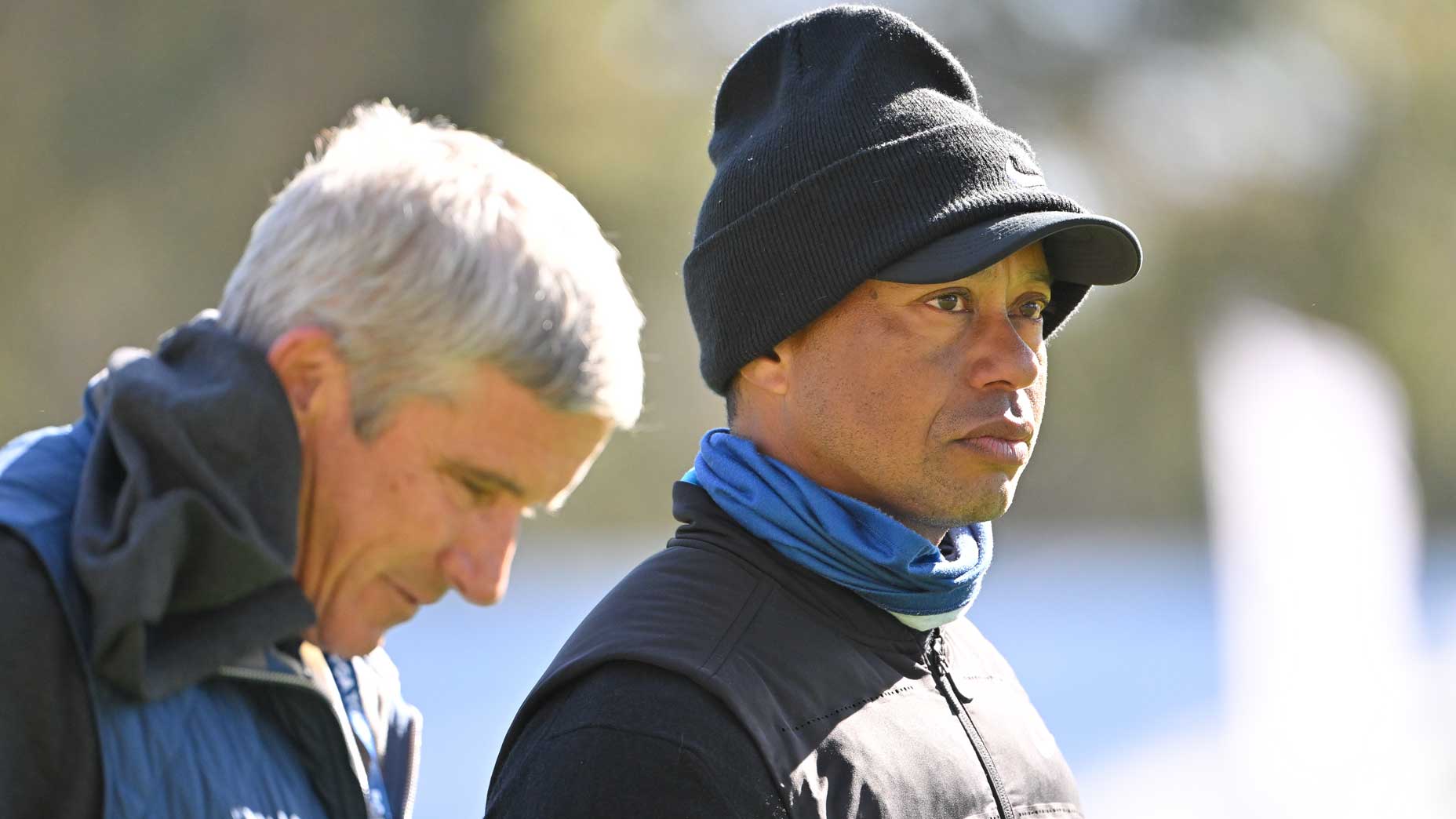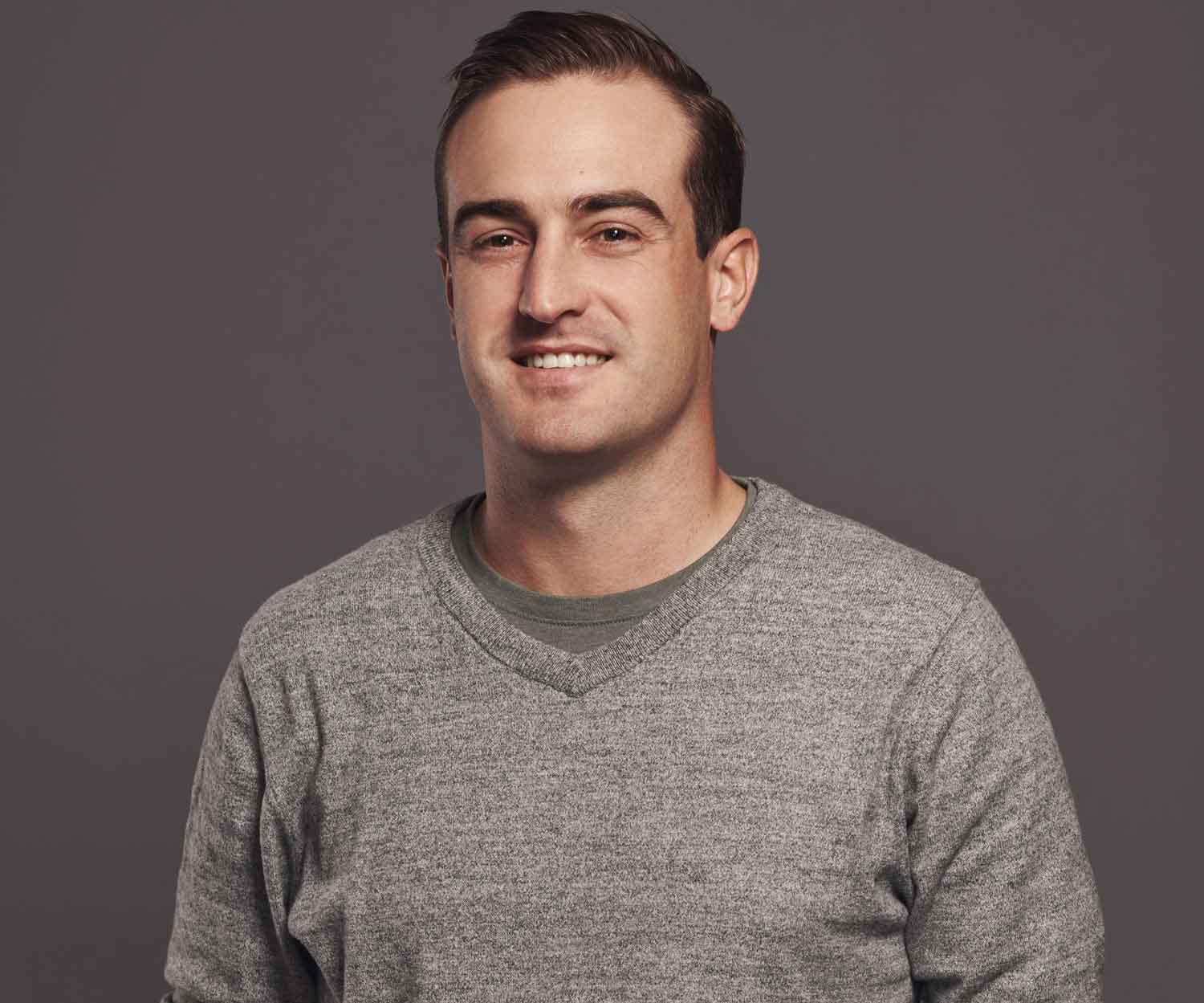Ah, 2023. The year everything changed … again. For the second straight year, we left 2023 with a drastically different perspective of professional golf than we entered. Now, as we look back at the year that was — with LIV major championships, Ryder Cup controversies and oh so many other stories — we’re remembering the 15 biggest moments that defined the year in golf. Let’s get digging.
Biggest Golf Moments of 2023 …
No. 15: Viktor Hovland’s arrival
No. 14: Fowler, Day back in the winner’s circle
No. 13: Brian Harman’s Open rout
No. 12: The Michael Block Party
No. 11: Wyndham Clark’s breakout
No. 10: Lilia Vu’s rise
No. 9: LIV Golf’s OWGR snub
Biggest Golf Moments of 2023 No. 8: Reshaping the PGA Tour Policy Board
2023 will be remembered in wildly different ways by very different people. Was it the year LIV won the war? Was it the year the PGA Tour took control of the future? Was it simply the year of pro golf investment?
However you see it says something about how you view the world, and that’s okay. 2023 was another polarizing year in the game. But more than anything 2023 was the year of player-led change, notably by 41 PGA Tour pros who felt they needed more say in the future of their membership organization.
On paper — which is exactly how some of the biggest news of the year was made — adding another player to the PGA Tour Policy Board doesn’t seem like too big of a deal. It is simply adding another player to the upper rung of Tour governance, the group of people who approve or deny motions brought forth by the membership and Tour executives. What more can a sixth player do?
Figuratively, a lot. That player wasn’t just any player. It was the greatest player who ever lived. Tiger Woods became the sixth player on the board, the 12th person on the board. Math wizards will point out that six is half of 12, which is important. With Woods in tow, PGA Tour players would no longer ever be outnumbered by the other business executives on the board. No decision could ever be made without players voting in its favor. And while no previous decision had ever been made in the face of unanimous player dissent, the semantics matter. The players now had plenty of control.
What also mattered was how they got it. This came in the form of a letter of demands, issued by 41 players, to Jay Monahan and Tour execs. They were unhappy with the governance structure of the Tour and how Monahan and two non-player directors of the board worked in silence to meet with representatives of the Saudi PIF to reach a Framework Agreement — a deal to make a deal.
All the big-name players had signed. Woods, Rory McIlroy, Jordan Spieth, Xander Schauffele, Scottie Scheffler. Jon Rahm even signed it, indicating that in late July he was still very much keen to be a PGA Tour member. Forty-one members is merely a fraction of the voting membership, but it was a significant fraction. Many of the players listed were exactly the kind you’d expect to receive a contract offer from LIV Golf. This was a letter of demands that needed to be taken seriously by the Tour, and commissioner Monahan acted immediately.
Tiger Woods has an influential new job. Here’s what that meansBy: Sean Zak
Woods was added as a Player Director to the board and Collin Neville of Raine Capital was declared a “special advisor” to the players. Neville is close to both Woods and then-board member Rory McIlroy, assuring that if there’s something that the players desire, it’ll be known in the negotiations. One overarching theme that was shared by the players was that they were upset about the surprise nature of it all. Monahan even responded publicly saying it was now his time to “restore any lost trust or confidence that occurred as a result of the surprise announcement.”
What was lost in the very corporate nature of the Tour’s statement back on August 1 was made clear a few months later when Woods took to the podium for the first time at the Hero World Challenge in late November. That the Tour could move forward in such a shocking way without direct input from its most important assets was disarming.
“So quickly without any input or any information about it, it was just thrown out there,” Woods said. “I was very surprised that the process was what it was. We were very frustrated with what happened and we took steps going forward to ensure that the player involvement was not going— we were not going to be left out of the process like we were. So part of that process was putting me on the board and accepting that position.”
With 3 unwavering words, Tiger Woods puts PGA Tour on noticeBy: Sean Zak
During a 30-minute press conference that touched on all sorts of topics, Woods was keen to repeat himself about what had (or rather, hadn’t) happened between the PGA Tour’s management and its players. He repeated three words in particular that day: Can’t happen again.
Step 1 was reclaiming at least a 50% share of the policy board. Step 2 came a few weeks later, just as Jon Rahm was departing for LIV Golf. On December 1, Woods tweeted out a two-page letter with six bullet points explaining how they were progressing in the negotiations with the best interests of the player membership in mind. One of those pieces was a confirmation that current and future deserving members will receive equity in the Tour.
The Player Directors are united and all working together to represent the PGA Tour, the entire player membership, and best interests of the sport. pic.twitter.com/UPr0IV08CO
— Tiger Woods (@TigerWoods) December 7, 2023
It may have been short on detail and may have been perceived as just another update in a year worth of letter-written updates, without much definitive news to share. But it came straight from the player directors themselves, rather than the institution they had been disappointed by in the middle of the summer. All six of them signed the bottom of the page with their first names: Tiger, Charley, Peter, Patrick, Jordan, Adam. The truest sign that the future of the PGA Tour will be owned by the players.












